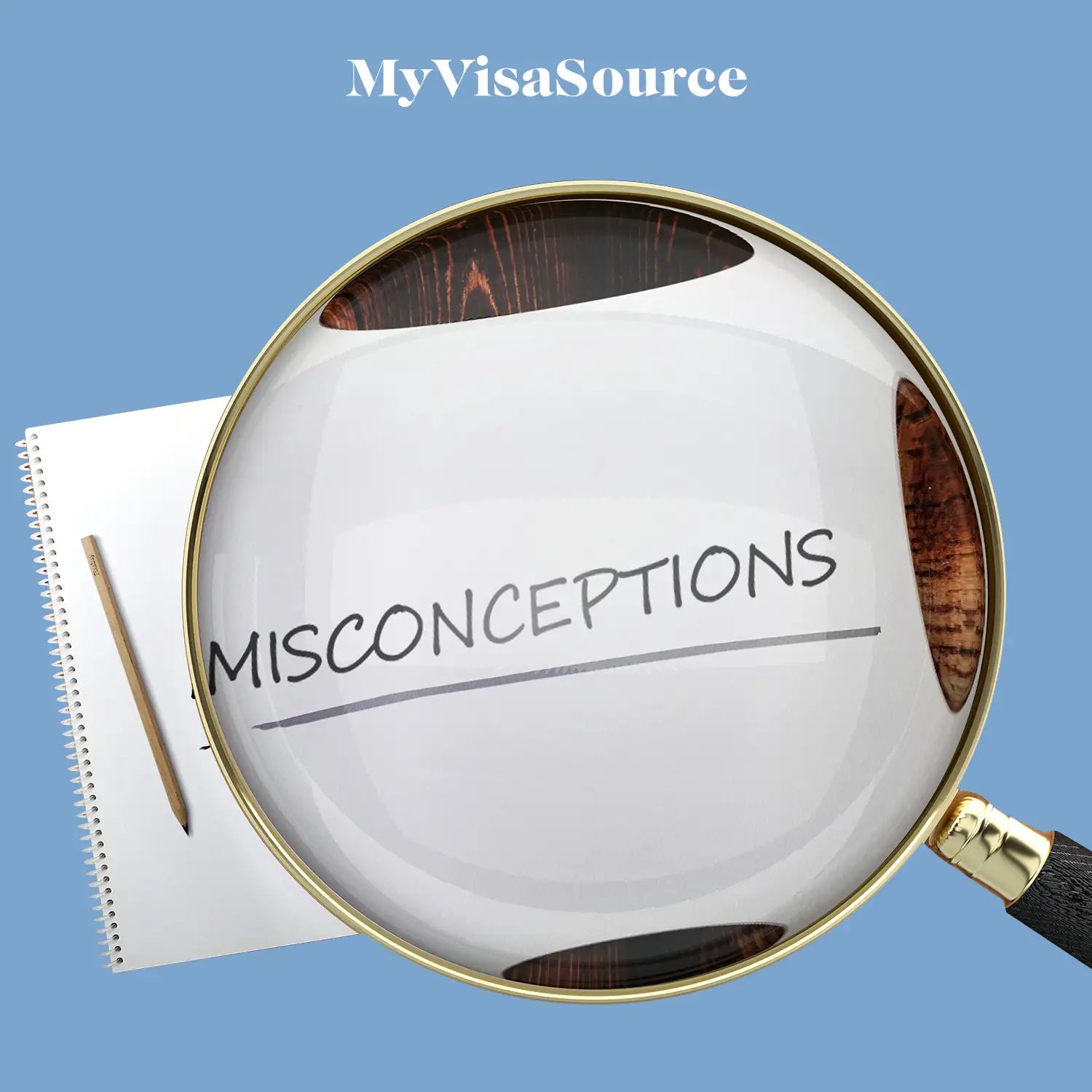The Express Entry System was developed by the Canadian government to help make it easier for applicants seeking entry as a permanent resident into the country. However, despite good intentions, the Express Entry System has also indirectly created misinformation that complicates the process for those who aren’t well versed in immigration law.
The following five misconceptions are among the most common for people who are in the middle of dealing with the Express Entry System.
1. Express Entry is a Path to Citizenship
Although at first glance it may seem like Express Entry is a path to permanent residency, this program is actually an application management system dedicated to expediting the process of finding and welcoming skilled foreign workers and other foreign nationals who look to contribute to the Canadian economy.
This management system links with different pathways to permanent residency with these three programs: Federal Skilled Worker, Federal Skilled Trades, and Canadian Experience Class.
After an applicant fills out an Express Entry profile that includes education, experience, skills, language and other pertinent details, they are ranked according to how well they match up against overall requirements and the scores of others who wish to enter Canada.
Those with the highest score may receive an invitation to apply to one of the immigration programs offered in Canada. An invitation gives you a 60-day window to apply for permanent residence according to specific, agreed-upon conditions.
2. Express Entry is Strictly Federal
Although the Express Entry System is linked to the Immigration Refugees and Citizenship Canada ("IRCC", formerly the "CIC") and federal skilled worker programs, provinces also access the pool of applicants when attempting to draw skilled workers and business investment to their territories.
Often, provincial immigration programs are tailored to attract those who benefit the province the most. Depending on local labour requirements and the needs of the provinces, it’s a good idea to look over these programs in case any specifically match your skills and profiles.
In fact, the Canadian government also invites businesses to reach out and offer arranged employment to those who meet the requirements of their organization. In order to do so, they must provide a Labour Market Impact Assessment (LMIA, formerly a "LMO") that’s approved by Employment and Social Development Canada.
3. All Skilled Workers are Welcome
Considering the fact that there is a multitude of different types of skilled labourers in the market, those who apply to the Express Entry program may assume that their set of skills will be desirable to businesses, the federal and provincial governments. However, not all skills are considered equal in the application process.
Legislation that reduces the amount of Canadian jobs taken by newcomers can limit the type of applicant that will be accepted into the system, while individual businesses have to prove that their needs can’t be met due to labour market conditions
For this reason, when filling out your profile, it’s always a good idea to list all the pertinent skills and experience that you’ve gathered to make sure that you aren’t being passed over when the labor assessment takes place.



















